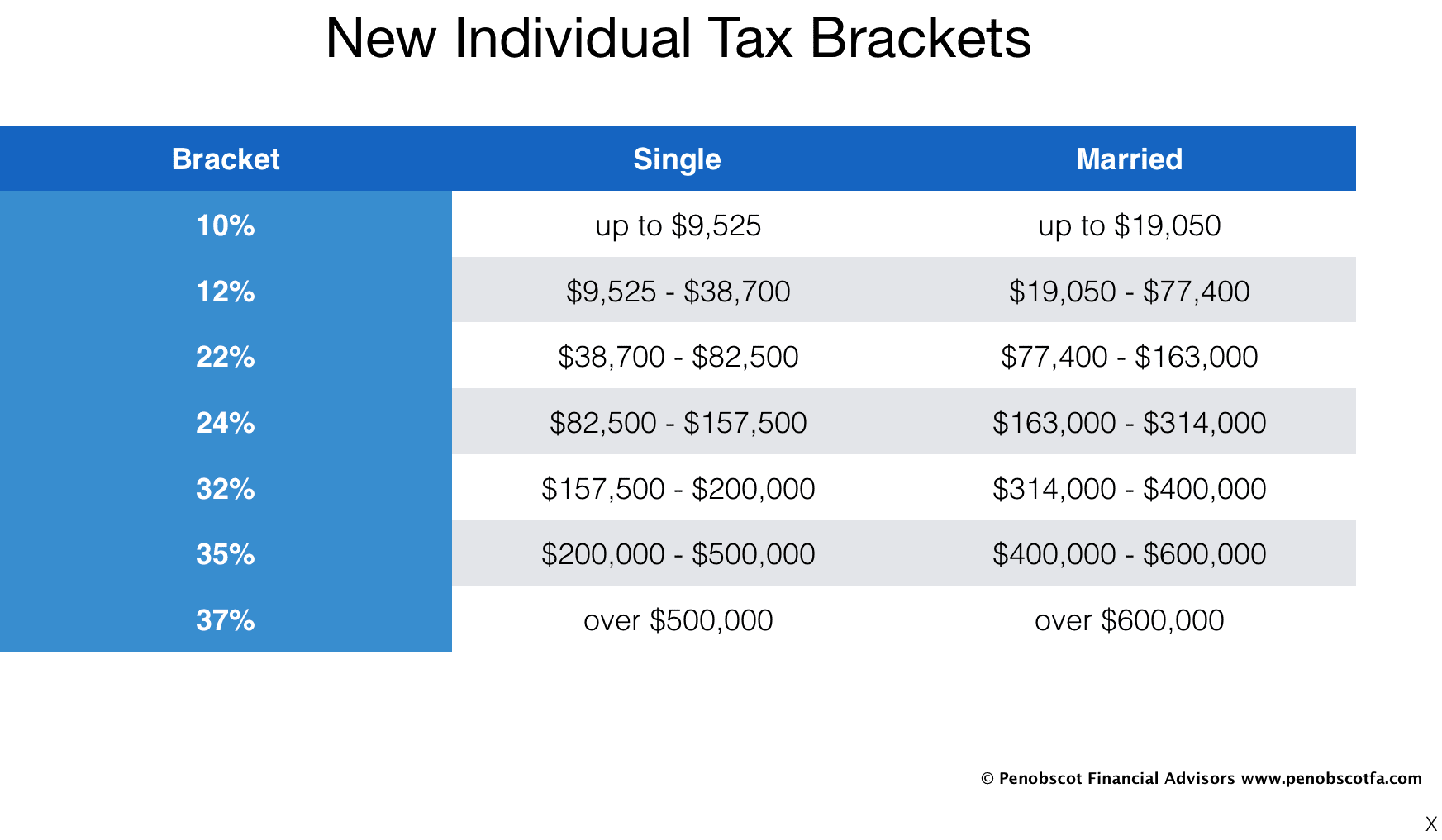
"You can lock in a rate of return for 20 years, which would compare pretty favorably to taking on equity-like exposure, where you'd hope to maybe make 8% a year for 20 years," he said. That brings the tax-equivalent yield to 6.7% in the highest bracket, he said. One of Barney's favorite trades is a 20-year, AA-rated muni bond, which has a tax-free yield north of 4%. Both Pate and Barney like longer-dated municipal bonds.

Capital gains tax brackets stocks full#
"The income is what is tax exempt and therefore to really realize the full benefit, it really takes a long-term focus," he said. A long-term focus Another thing to keep in mind is that you shouldn't buy and sell municipal bonds frequently because you'll be subject to capital gains tax on anything you make from the sale of the bond, said Paul Malloy, head of municipal investment at Vanguard. Fidelity has a calculator on its website that takes this information, as well as income and tax-filing status, and compares tax-equivalent yields based on security types for each individual's situation. "You would actually produce a better after-tax yield, buying the taxable bond and paying the tax." Other factors to consider are where you live and whether you are buying a bond outside of your home state, since it will then be subject to state tax, Carter pointed out. If it's below that number, then you should buy taxable bonds, he said. "If your tax rate is above that number, you should buy munis," Pate said. Subtract that from 1 and you wind up with 0.25, or 25%, he explained. For instance, if muni bonds are yielding 3% and Treasurys are at 4%, the answer is 0.75. The best thing to do is take the yield of the tax-exempt bond and divide it by the yield of the alternative - and then take that figure and subtract it from 1, he said. "It's a constantly moving mosaic of after-tax relative value, but some basic math equations can produce that unemotional answer as to what asset class is best for you from an after-tax yield perspective," said Wesly Pate, senior portfolio manager at Income Research + Management in Boston. "Sometimes the spread is tight and sometimes it is wide." Doing the math Doing some calculations can help you figure out if munis are the right choice for you. "The difference in yield between a municipal bond and Treasury or high quality corporate or even will oscillate over time," Fidelity's Carter said. "Not at all times, of course, but most of the time." In addition to your tax bracket, you'll want to consider how muni yields compare to other assets at the time of purchase. "Certainly, at the high brackets - that would include 37%, if you go down to 35, even 32% - typically, the math makes sense to be in munis," said Brian Barney, a portfolio manager who leads institutional portfolio strategies for the fixed income team at Parametric. Yet for those searching for income, they may find a more compelling yield elsewhere, especially if their tax bracket isn't at the highest tiers. Fortunately for muni investors, state and municipal general obligation bonds are largely enjoying strong credit these days, thanks in part to the pandemic-infusion of stimulus to local governments. "It is important not to have tax being the most dominant factor in your decision-making," said Richard Carter, vice president of fixed income at Fidelity. However, the tax break shouldn't drive your decision to invest in munis. That means a muni bond yielding 3.7% can reach over 6% on a tax-adjusted basis for those in the highest tax bracket. The interest earned on munis is generally exempt from federal income tax and, in some cases, state tax. Income investors love municipal bonds for their tax advantages, but they may not necessarily be making the best choice for their portfolio. Personal Loans for 670 Credit Score or Lower

Personal Loans for 580 Credit Score or Lower

Best Debt Consolidation Loans for Bad Credit


 0 kommentar(er)
0 kommentar(er)
